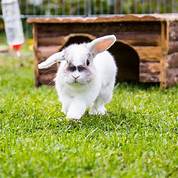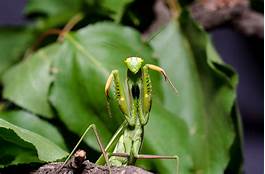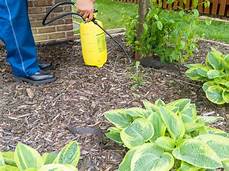How Long Do Pet Rabbits Live Indoors?
Rabbits are popular pets, known for their playful nature and adorable appearance. While they can live outdoors, many rabbit owners choose to keep their furry friends indoors. But how long do pet rabbits live indoors? Let's explore the factors that affect a rabbit's lifespan and provide tips for ensuring your indoor rabbit enjoys a long and healthy life.

Lifespan of Pet Rabbits Indoors
The average lifespan of a pet rabbit indoors is between 8 and 12 years. However, this can vary depending on the breed, genetics, and overall care provided. Some rabbit breeds, such as the Netherland Dwarf, have a shorter lifespan compared to larger breeds like the Flemish Giant. Additionally, a rabbit's genetics can play a role in determining its longevity.
The most significant factor influencing a rabbit's lifespan is the quality of care it receives. Providing your rabbit with a proper diet, regular exercise, and a clean and safe living environment can significantly extend its lifespan.
Factors Affecting a Rabbit's Lifespan Indoors
Here are some key factors that can affect the lifespan of a pet rabbit indoors:
Diet:
A balanced and nutritious diet is essential for a rabbit's overall health and longevity. Provide your rabbit with a diet rich in hay, fresh vegetables, and a limited amount of high-quality pellets. Avoid feeding your rabbit sugary treats or foods high in fat, as these can contribute to health problems.
Exercise:
Rabbits need regular exercise to stay active and healthy. Provide your rabbit with a spacious enclosure or allow it to roam freely in a safe area of your home for at least a few hours each day. Exercise helps prevent obesity, promotes cardiovascular health, and stimulates mental well-being.
Preventive Care:
Regular checkups with a veterinarian are crucial for detecting and treating any health issues early on. Vaccinations and parasite control are also essential for preventing diseases and infections. Brushing your rabbit's fur regularly helps keep its coat healthy and prevents matting.
Mental Stimulation:
Rabbits are intelligent creatures that need mental stimulation to thrive. Provide your rabbit with toys, puzzle feeders, and interactive play to keep it engaged and entertained. Mental stimulation can help reduce boredom, stress, and destructive behaviors.
Safe Environment:
Creating a safe and stress-free environment for your rabbit is essential for its well-being and longevity. Ensure your rabbit's enclosure is free from hazards such as electrical cords, sharp objects, and toxic plants. Provide your rabbit with a cozy hiding spot where it can retreat when feeling overwhelmed.
By considering these factors and providing your indoor rabbit with the best possible care, you can help ensure a long and healthy life for your furry companion.
Declaration: All article resources on this website, unless otherwise specified or labeled, are collected from online resources. If the content on this website infringes on the legitimate rights and interests of the original author, you can contact this website to delete it.





